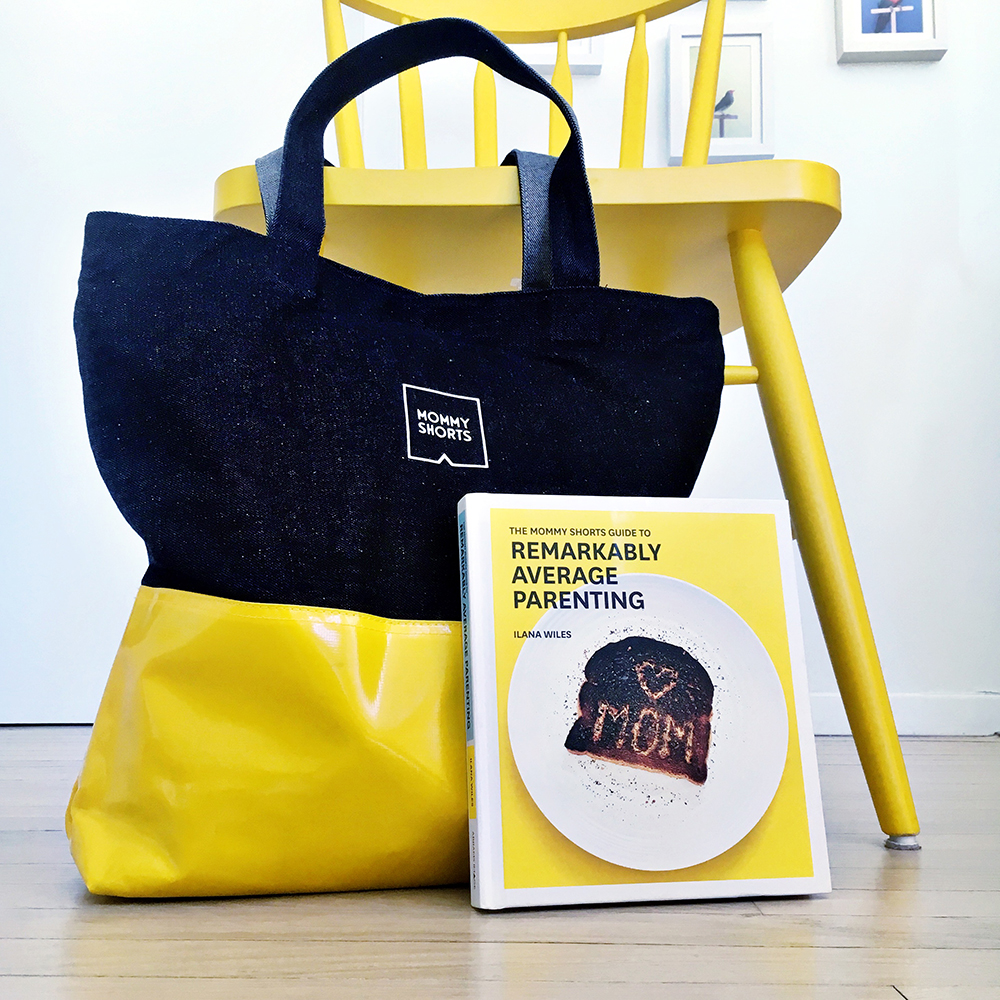
My friend Lisa, who helped decorate my summer house, is the principal designer at Abaca Interiors which specializes in designing spaces for families. We are starting a new series called “Play Chic Interiors” to showcase creative home decor ideas that appeal to both kids and grown-ups.
Let’s start with the ombré set of basement stairs (pictured above) Lisa painted in my friend Seri’s house. Aren’t they AWESOME? And such a great way to bring some interest to an area of the house that most people usually don’t think twice about.
I’ll let Lisa take it from here! She’s going to tell you how to pull off the look in you own home.
————————————–
What is Ombré?
Here’s your design lesson for the day: Ombré originated as a textile treatment in the 19th century. The word ombré is borrowed from the French word for shaded and describes tones of color that shade into each other, graduating from light to dark.
Ombré has been around for a while now (especially for hair and nails), but we’re starting to see more of it pop up in interiors, where it works as a fun and fresh way to add some unexpected color. I find that it complements both modern and traditional interiors well, injecting a touch of whimsy without making a major commitment to full-on COLOR.
Why we chose Ombré for the stairs
The ombré stairs in the top photo were the finishing touch on a basement renovation I recently completed for Seri (aka Little Miss Party). I’d love to say that the stairs were integral to the design plan from the start, but that would be a lie. They were a last minute improvisation to:
1) Save money;
2) Bridge the gap between the traditional design of the main level of the house and the more modern lower level; and
3) Cover up some seriously ugly treads.
How to Achieve the look
To achieve the look, I selected a color strip that captured the teal/turquoise colors we were looking for; chose 4 consecutive colors; and, progressing from lightest at the top to darkest at the bottom, assigned a color to each set of 3 stairs. Since we were painting both the tread and the riser, we counted the tread and the riser as one stair. These are the colors we used:
 Baby Boy Blue: 2056-20; Cool Aqua: 2056-30; Surf Blue: 2056-40; Jade Garden: 2056-50
Baby Boy Blue: 2056-20; Cool Aqua: 2056-30; Surf Blue: 2056-40; Jade Garden: 2056-50
If you are doing it yourself, follow these tips:
1) Use painter’s tape to mark each tread and riser with the appropriate color. Before you start painting, it’s a good idea to dab a dot of the color on each piece of tape, to help you keep track as you go.
2) Progress from your lightest color to your darkest, as you move down the stairs. If you have a tall staircase, you may want to use more shades of the same hue and assign fewer stairs to each color.
3) Use floor paint, which is specially formulated to hold up to heavy traffic. If you’re worried about slippage, there are non-slip additives that can be mixed into the paint. However, these will result in a textured finish. We chose to use an eggshell finish with no additive. So far, so good.
So there you have it. Ombré stairs. Fun, simple, functional – and play chic. Want to add a little ombré to your life?
10 Ombré images to get you inspired
Ombré for the shower

Photo source: A Beautiful Mess
Ombré for the kitchen

Ombré for your walls

Photo source: Apartment Therapy
Ombré for the inside of a cabinet

Ombré for a row of mason jars

Photo source: It All Started With Paint
Ombré for your chairs

Ombré for a filing cabinet

Photo source: City Suburb Sanity
Ombré for some nesting tables

What do you think of ombré in interiors? Would you try it?
——————————————-
Lisa Hershman is the Principal Designer for Abaca Interiors, a design firm based in New York focused on creating stylish yet livable spaces. Follow @abacainteriors on Instagram to see her projects as they happen.

























[…] traditional upstairs to the modern basement. You can read more detail on how to pull off this look here. Seri already had a fridge in the basement and didn't feel the need to buy a new one, so we […]
for the :inside of a cabinet use, with photo credit How Are You, I was unable to connect to the wesite-would you please post the exact website you got that from? thanks. ( I am looking for plans for a a place to purchase that exact plywood cabinet)